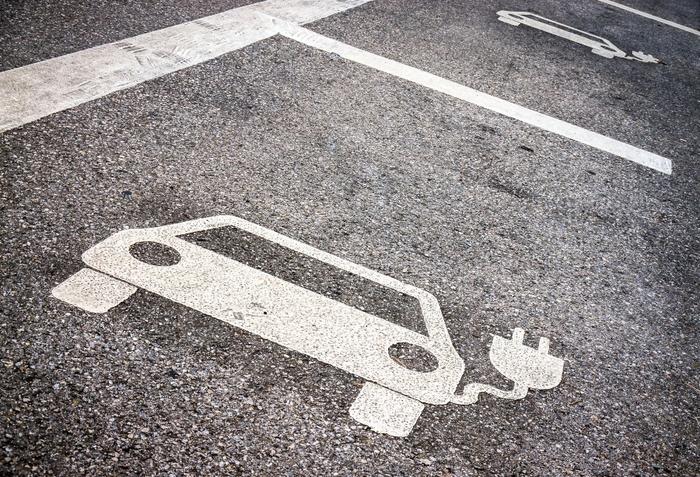The aid programs for electric vehicles are growing faster and faster. It is an alternative shared by states with diametrically different political systems such as the United States, Europe, and China. They are criticized for supposedly benefiting only the classes with the highest economic capacity. But from the University of Toronto, the enormous benefit for the state and all citizens of the introduction of electric mobility has been put on the table.
According to a study conducted by the University of Toronto, in this region alone, replacing cars and large SUVs with electric models is removing a wide range of pollutants, from nitrogen oxides to fine particles. Emissions that also have a direct impact on habitable areas. Emissions that could be displaced even using energy from thermal power plants that would have as an immediate effect a significant improvement in air quality in cities.
According to the Canadian health service, pollution means that in the Toronto metropolitan area alone, 3,000 people die prematurely each year due to air pollution. A large part of which is caused by traffic.
According to the study, taking into account the health cost of this problem would mean that individually, each electric car that replaces a model with a combustion engine will save the state $10,000. Benefits that are also shared by all thanks to the improvement of air quality.
The University of Toronto study has only examined the metropolitan area of the Canadian city. They indicate that they could very possibly be applied in many other regions where the transformation of the transport sector towards more sustainable forms will not only have an environmental and public health impact, but also economical. Something that means that the commitment to electrification would not only result in cleaner air but would also offer us benefits in the health and economic fields.
Reports from agencies such as the United States Department of Energy have indicated that sustainable mobility would also become a source of job creation. Calculating that the jobs created in recent years in industries such as renewable energy and the production of electric vehicles themselves already outnumber jobs in all fossil fuel industries as a whole. All this despite being still in an initial phase of expansion.
Therefore, at least with this data on the table, it seems that the bet of states such as Germany, France, the Netherlands, and even Greece, is not just a publicity maneuver. We can see it is a bet for the future that will strengthen its economy. It will improve the health of its citizens and reduce their energy dependence thanks to the synergy that electric mobility has with renewable energy.
All in a scenario where the return to normality is coming with an increase in polluting emissions, in markets where the confinement had offered a situation of clear skies during the shutdown due to the pandemic. Now will gradually return to the previous scenario where the most harmful particles roam freely among the population, which will again mean exposing citizens to high levels of pollution that, as we see, have a high economic and social bill.

